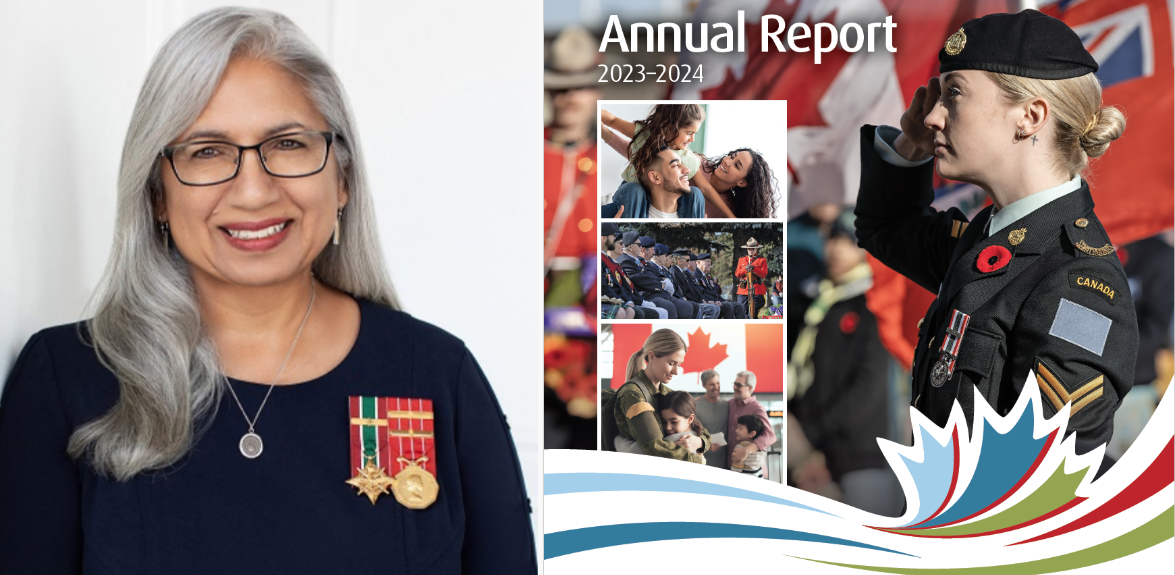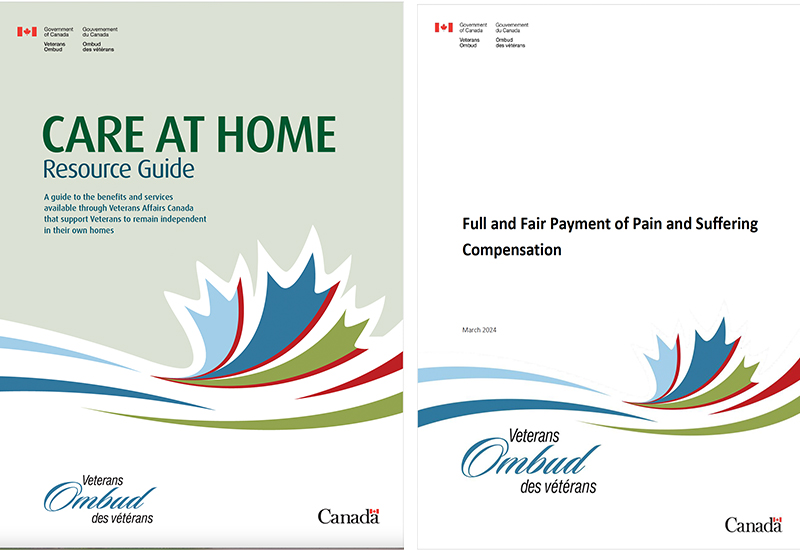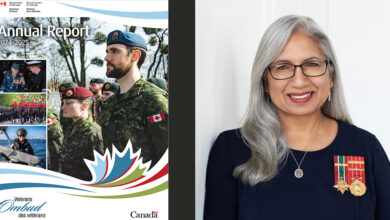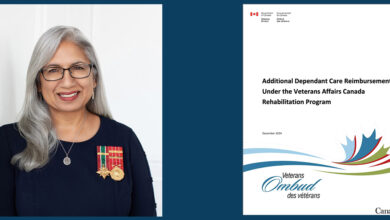Veteran
Veterans Ombudsman Releases Annual Report
A lack of access to family physicians or even specialists is “the most significant problem” that the Veterans Ombudsman highlighted in her annual report.
The Veterans Ombud 2023-2024 Annual Report highlighted a number of significant complaints and issues the office heard over the course of the last year. According to her opening statement, Veterans Ombud, Col. (ret’d) Nishika Jardine, she and her office travelled to almost every province and territory and heard from hundreds of Veterans and their families.
More specifically, the office received 1507 complaints, of which 1,285 fell within its jurisdiction and were heard or addressed in some form.
According to the report, the lack of access to family doctors impacts the Veterans’ ability to submit disability claims or reassessments.
“Worse, we heard that VAC medical questionnaires are increasingly seen as a burden by health care providers and, in some instances, Veterans are being de-rostered by their physicians because of it – that’s not fair,” said Jardine.
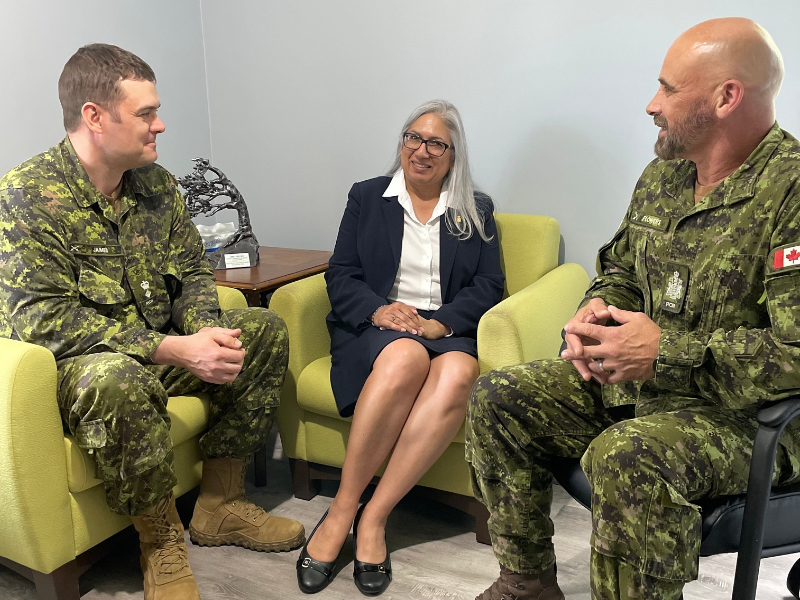
Acknowledging Families
Another vital issue presented before the Veterans Ombud was the burden that families bear due to their loved one’s service.
Jardine noted in her report that the issues she heard of family members were “equally distressing” to many of the other issues she heard.
“There is a growing and pressing need to acknowledge formally that families do indeed serve together with the Canadian Armed Forces (CAF) member and that service can cause injury and illness to the mental health of the family as well,” said Jardine.

Wait Times Continue to be an Issue
Another issue that the Veterans Ombud highlighted is the complaints the office continues to hear about increased wait times for assistance by the Bureau of Pensions Advocates and for reviews and appeals at the Veterans Review and Appeal Board.
“We also hear complaints about wait times for many other decisions, particularly for treatment benefits. More disturbing are the complaints we receive about denials for treatment benefits. It seems that Veterans’ requests are not being sent to the Exceptional Benefits Unit for a more detailed review – and a higher probability of approval – instead, many are simply being denied,” commented Jardine.
However, the report does note that a positive change this year was a decline in complaints about wait times for disability claim adjudication decisions.

Addressing feelings of Discontent
The report also addresses the general feelings of discontent many Veterans express after their release from the military.
Jardine acknowledged that part of her job is to identify what barriers there may be for Veterans who struggle to access the benefits and services provided by VAC.
“An important part of my work must be to bridge that gap. More needs to be done to understand why many Veterans become frustrated and angry in their interactions with VAC, and how that barrier can be addressed so that the vast majority of Veterans and their families are not only well served by VAC but are perceived to be well served by Canada for the service they have so nobly rendered,” said Jardine.
Reports and Summaries
The annual report concluded with a summary of other major reports published by the office over the course of the year and resources available to veterans.
Some of the major reports issued in this past year include The Burden of Care: A Fairness Gap in the Veterans Independence Policy. This report takes a deeper look into the Caregiver Recognition Benefit and how those who take care of Veterans are taken care of.
Another major report was Full and Fair Payment of Pain and Suffering Compensation. This report was launched after the Veterans Ombud received a complaint from a family member of a Veteran who received a favourable Pain and Suffering Compensation decision but died before obtaining the lump sum. The report looked into inequalities in this regard.
The report also summarized the office’s work to alleviate the Veteran community’s concerns.


